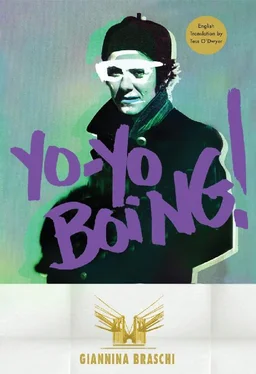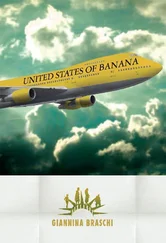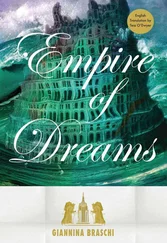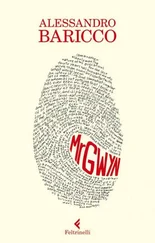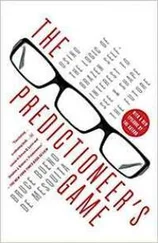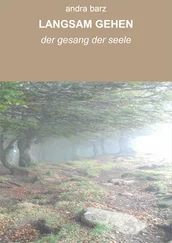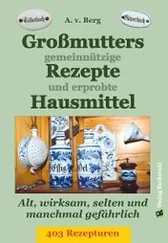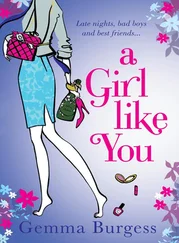At the intersection where two roads meet, I then saw two friends meet, Hamlet and Zarathustra, each lugging a dead body.
Zarathustra:
What brings you here? With a dead body.
Hamlet:
What about you? You’ve got one too.
Zarathustra:
The dead must be buried.
Giannina:
I’m lugging a dead body too.
Hamlet:
Who invited you to this burial?
Giannina:
I’m going to bury the 20th Century.
Zarathustra:
I, the tightrope walker.
Hamlet:
It’s about time you buried the Overman.
Zarathustra:
And you, your circumstance.
Hamlet:
I am me.
Zarathustra:
Your circumstances killed you. This deadweight is killing me. It’s a reminiscence I feel. Déjà vu. Yes, it’s Christ carrying the hellish cross of sacrifice.
Giannina:
That cross that Christ carried. It’s the same dead body you’re both carrying three or four times over. It’s the end of the 20 thcentury, and I’m carrying this dead body. I turned my back on the 20 th, and now I want to see the eyes of the 21 st. And although I won’t live through it all — maybe like Moses — I’ll see it with my eyes although I won’t live through it all. I’ll live through just the beginning. And I predict great omens. Good luck, dwarf. Dwarves bring good luck.
Zarathustra:
So where are you going to bury that dead body?
Giannina:
In the mausoleum of liberty whose torch-bearing statute is deader than the dead body on your back.
Hamlet:
Who invited you to this burial?
Giannina:
Liberty which is dead. I’m at peace with myself. With what I have inside. Without caring ‘ what will they say ’. I don’t care about demons or chimeras. Superficial surfaces roll forth dancing waves, and the fireman in front of me says: Fire! The people’s fire! Raging. Air. Bliss. Here comes the funeral procession. The procession of dynamite.
The Pope:
dead
The furies:
happy
The stirrups:
dangling
The heart:
fulfilled
The butterflies:
fluttering
The Tenerife:
trembling
The ant:
eating
And what happens when the sun is night — when there is no difference because democracy has proclaimed: everything is equal: air, water, earth, sky, mountain, each and every one is equal. We all have equal rights.
Hamlet:
Who invited you to this burial?
Giannina:
God, who is dead!

Photo Copyright: Michael Somoroff
Giannina Braschi is one of Puerto Rico’s most influential and versatile writers of poetry, fiction, and essays. She was a tennis champion, a singer, and fashion model before she became a writer. With a PhD in the Spanish Golden Age, she has taught at Rutgers, Colgate, and City University and has written on Cervantes, Garcilaso, Lorca, Machado, Vallejo, and Bécquer. Author of United States of Banana and Empire of Dreams , Braschi’s cutting-edge work has been honored by the National Endowment for the Arts, the NY Foundation for the Arts, El Diario , PEN, the Ford Foundation, the Reed Foundation, Danforth Scholarship, and Instituto de Cultura Puertorriqueña. She writes in three languages — Spanish, Spanglish, and English — to express the enculturation process of millions of Hispanic immigrants in the U.S. — and to explore the three political options of Puerto Rico — nation, colony, or state. Braschi dedicates her life’s work to inspiring personal and political liberation.

Photo Copyright: John Stuart
Tess O’Dwyer’s English rendition of the Latino literary classic Empire of Dreams by Giannina Braschi won the Columbia University Translation Center Award and inaugurated the Yale Library of World Literature in Translation. With a master’s degree in literature from Rutgers, she edited Review: Art and Literature of the Americas and translated the nineteenth-century social realist novel Martin Rivas by Chilean author Alberto Blest Gana for Oxford University Press. Tess O’Dwyer’s short story about her late Korean mother, entitled “Ballerina of Chestnut Mountain,” won first place in the National Short Story Competition of the Hackney Literary Awards. She is a board member of PEN American Center, Evergreen Review, and Harvard University’s Cultural Agents Initiative. She runs her own arts management consultancy in New York City.
